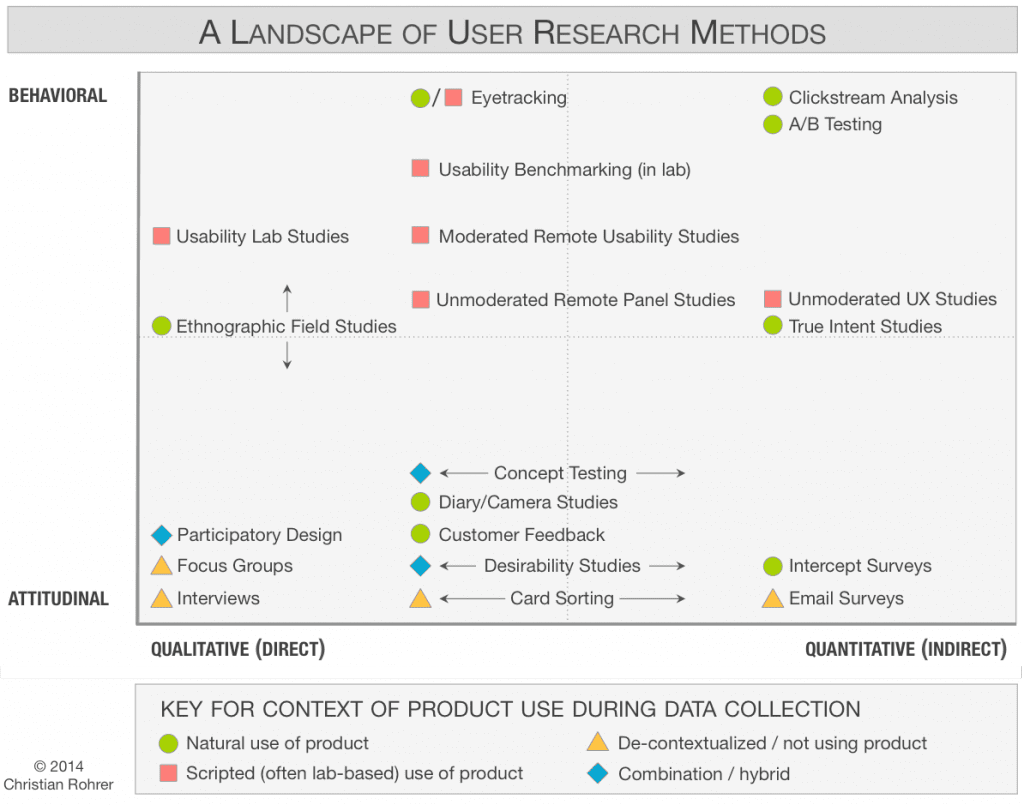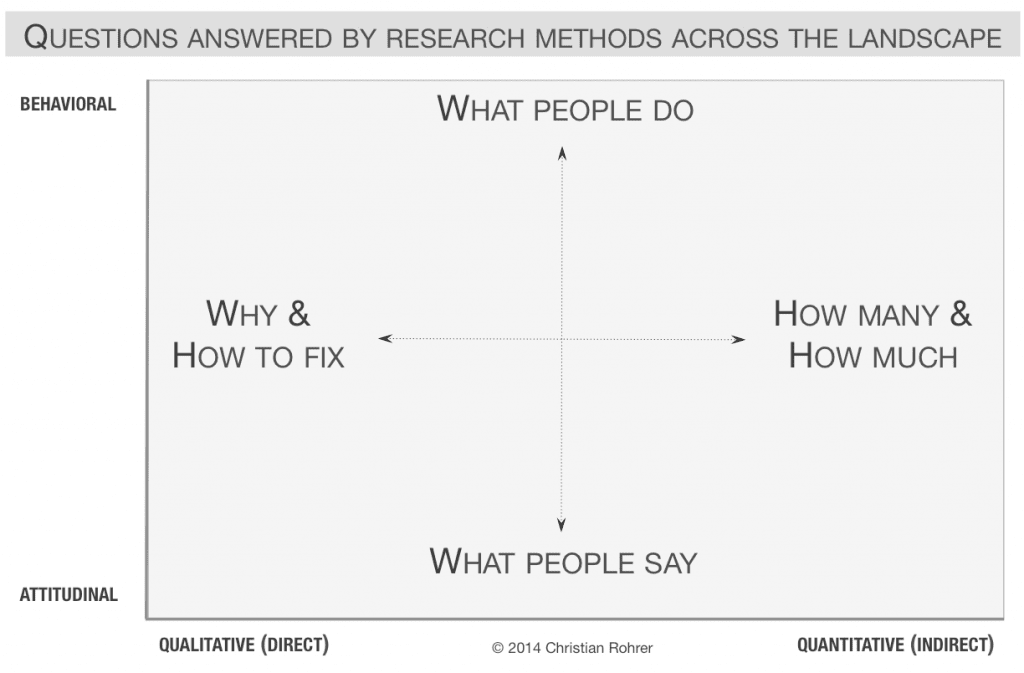This is a brief introduction to data. In the past, people might make decisions based on gut feelings and opinions. Nowadays that won’t do it anymore, we’re now making decisions based on data. But why is this the case?
At the large parties such as Booking.com, Bol.com, Coolbue.nl, etc. it was no longer accepted that a choice for changes on the website was based on an opinion and feeling. If that is no longer possible, how are you going to make choices? Correct, based on data. Data has no opinion, but shows you what it is.
Data is no different than data, with data we often refer to internet data, but of course, that does not have to be the case.
With hundreds of statistics available for free from, for example, Google Analytics, you can now find out how you can improve your website. With Google Analytics you can, for example, see which pages work best and which ones actually need to be improved.
Via Google Search Console, also free, you can find out what people are looking for before they arrive at your website. You can optimize your website in this way to score well for search engines.
Apart from Google Analytics and Google Search Console, you also have other types of data such as heatmaps, recordings, and surveys that you can set up for free for Hotjar.
Earlier I mentioned Google Analytics, Google Search Console, and Hotjar as programs to collect data. In addition to these programs, there are also methods to collect data, as you can see in the image below.

Examples are surveys and interviews. We will not go into all data collection methods, but this will give you an idea of how you can collect any data to improve your website. An important part is always to talk to your target group and conduct regular interviews with open questions.

Christian Rohrer’s image show which type of questions are answered with the data obtained from the chosen data collection method. With Google Analytics and Google Search Console, you will answer the questions “What people do” and “How many & how much”. With Hotjar you are on “Why & how to fix” and “What people do”.
It’s important to get an understanding of what data is available to optimize your website and what data is needed to answer specific questions you might have.
Google Analytics: This tool collects a lot of data for you, but you should always keep in mind that Google Analytics can only show you data. By analyzing the data you can find out any problems within the websites or measure performance, what Google Analytics does not do for you is tell you how to solve the problem.
An extension of Google Analytics could therefore be User Experience and Conversion Rate Optimization. These are other methods that focus on troubleshooting, rather than just recognizing them.
Google Search Console: With the data from this tool you can find out how your website is doing when it comes to organic traffic, this is the traffic that comes from the Google search engine (without ads). With this data, you can find out what people search for before they come to you, but also how many people search for something and on which page they often end up.
Hotjar: With this tool, you can collect data from your visitors. With heatmaps, you can find out how often people click on certain places on a page on your website. The recordings show how visitors move across the website and with short surveys you can find out what visitors think of your website.
Data has become immensely important for our decision-making to optimize websites. This was a short introduction to data and how to use it. If you have any more questions about the introduction to data, please let me know, and I’m happy to answer them.
Tools mentioned:
Sources:

Working remotely from Groningen, the Netherlands. Get in touch and let’s schedule a meeting, no strings attached.
Get in touch